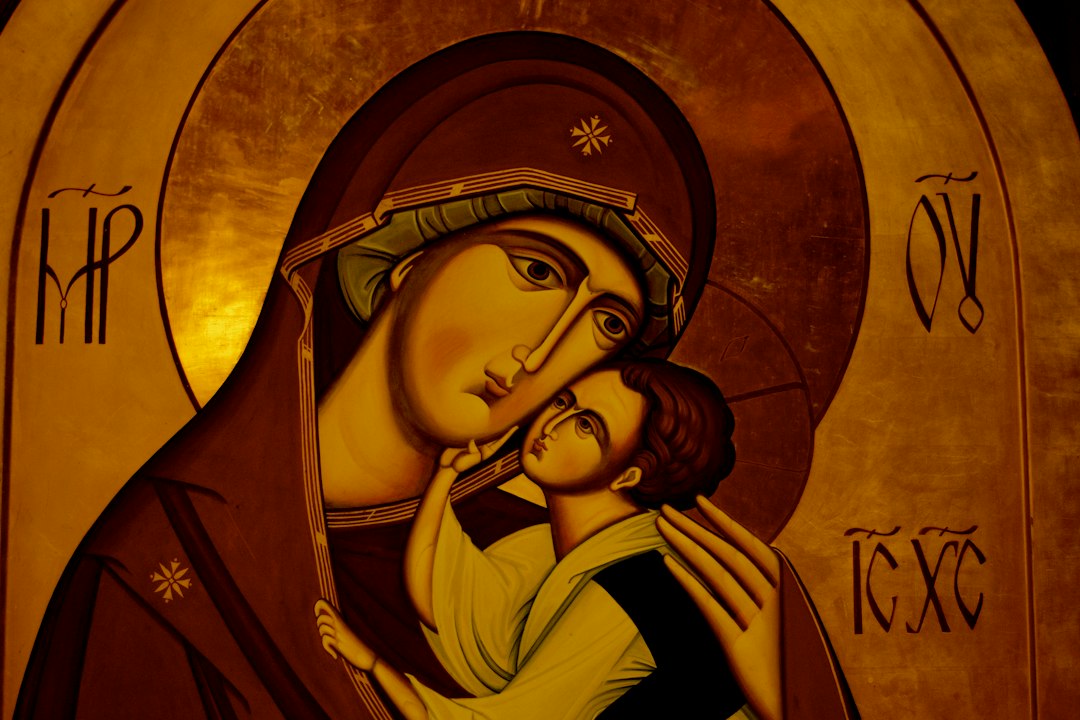Exploring the Philosophy of Religious Tolerance and Coexistence
In a world that is diverse and multicultural, the philosophy of religious tolerance and coexistence has become increasingly significant. As our societies become more interconnected, understanding and respecting different religious beliefs and practices is essential for fostering peace, harmony, and mutual respect among individuals and communities. In this blog post, we will delve into the concept of religious tolerance and explore how it promotes coexistence among diverse religious groups.
Religious tolerance can be understood as the acceptance and respect for beliefs, practices, and customs different from one’s own religion or belief system. It goes beyond mere coexistence and requires individuals to actively engage in the understanding and acceptance of differences. Religious tolerance recognizes that diverse religious groups have the right to exist and express their religious beliefs without fear of discrimination or persecution.
One of the fundamental principles underlying religious tolerance is the belief in the inherent dignity and worth of every human being. Recognizing and appreciating the diversity of religious beliefs is a reflection of our respect for the human rights and freedoms of others. By acknowledging the right to freedom of thought, conscience, religion, and belief, individuals can engage in constructive dialogue while upholding their own beliefs without imposing them on others.
Furthermore, religious tolerance emphasizes the shared humanity that connects individuals from different religious backgrounds. It encourages people to move beyond their biases and stereotypes, promoting empathy and understanding. Through dialogue and conversation, individuals gain insights into the unique perspectives and experiences of others, breaking down barriers and fostering a sense of unity.
Religious tolerance also plays a crucial role in preventing conflicts that arise from religious differences. By embracing diversity and promoting inclusivity, individuals develop a mindset that reduces the likelihood of religious-based discrimination and violence. By recognizing and celebrating religious diversity, societies can work towards resolving conflicts peacefully and respecting the rights of all individuals involved.
The philosophy of religious tolerance and coexistence can be nurtured through various means. Education is key in promoting religious tolerance, as it equips individuals with knowledge and understanding of different religions. Encouraging interfaith dialogue and collaboration allows individuals to learn from one another and find common ground. Creating spaces for people of different religious backgrounds to interact and share their experiences can further bridge gaps and build understanding.
Religious leaders and communities also have a vital role to play in promoting religious tolerance. They can actively engage in conversations that address misconceptions and promote unity among diverse groups. By fostering an environment of respect and acceptance, religious leaders can serve as role models for their congregations and facilitate open and honest discussions.
It is important to note that religious tolerance does not require individuals to abandon their own beliefs or compromise their faith. Rather, it encourages individuals to understand the values and perspectives that underpin different religious traditions. By recognizing the universal values of compassion, love, and respect shared by many religions, individuals can find common ground that transcends their differences.
In conclusion, exploring the philosophy of religious tolerance and coexistence is essential for building inclusive and harmonious societies. By embracing diversity, promoting inclusivity, and engaging in respectful dialogue, we can foster understanding and acceptance among individuals from different religious backgrounds. Religious tolerance is not a sign of weakness but rather a testament to our shared humanity and our commitment to upholding the principles of freedom, equality, and justice for all.

